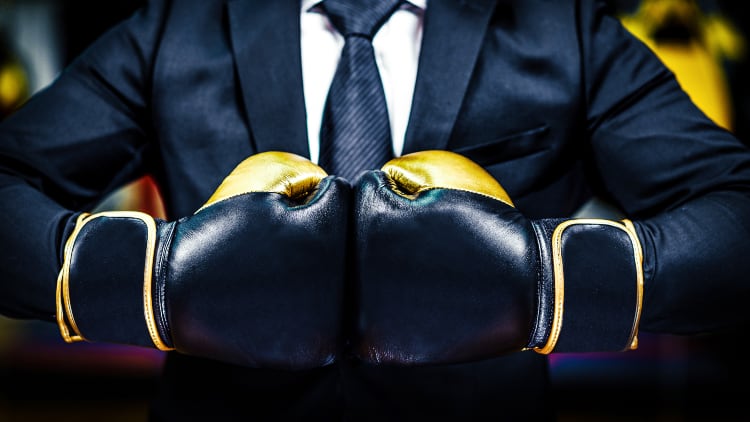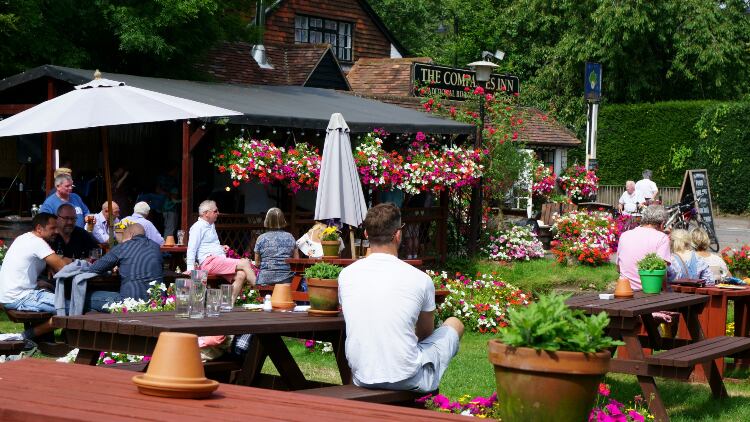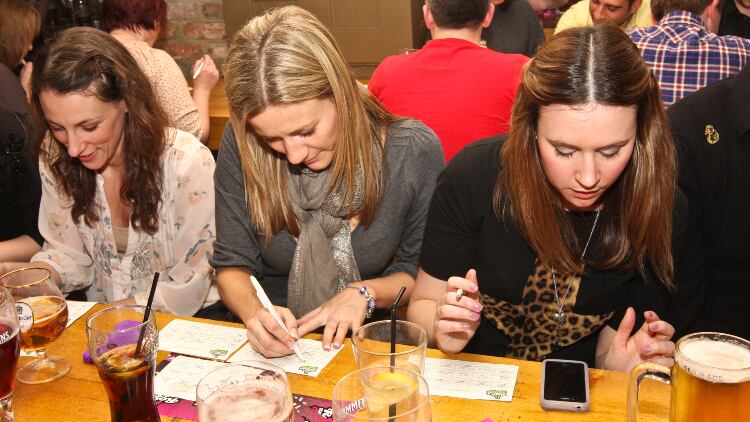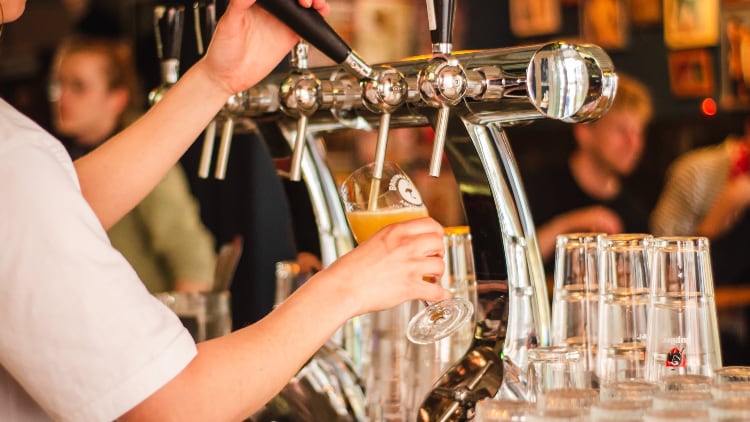The survey asks if there are any concerns about white collar boxing in their area, are there any practical licensing issues in connection with the events, and are they associated with any particular disorders and/or violence.
I have been under the misapprehension that white collar boxing was professionals watching boxing events, which were regulated by the British Board of Boxing Control (BBOBC). Having delved into the topic, it may also be professionals who don a pair of gloves against other professionals in a ‘team’ setting, raising money for charity which (I believe) is not controlled by the BBOBC.
There is clearly a role for the Licensing Act 2003 in either professional boxing or white collar boxing.
There is the public safety angle, which arguably not only extends to members of the public attending the event, but the boxers themselves. Is the right equipment being worn, are appropriate medical professionals on hand, are the bouts the appropriate length, are boxers appropriately matched against each other and is the ring properly set up? We have licensed large spaces in hotels and nightclubs for boxing when the authorities will ask for a trained first aid professional to be present, for the ring to be properly set up by a qualified person, for seating to be set out in consultation with the fire service, and for a risk assessment to include things like the use of door staff, the numbers attending and use of polycarbonate or plastic glasses.
Besides the licensing objective of public safety, there is anecdotal evidence that the ‘tribal’ nature of boxing events, and the nature of the event in front of spectators has led to fighting among spectators. I have only known of one such example, but with the mixture of a pugilistic sport, alcohol and fans of the ‘teams’ sitting in close proximity to each other, a prudent holder of a temporary event notice (TEN) or a premises licence holder will risk-assess such events. It is no oversight that boxing and wrestling and mixed martial arts are the only sports that are classed as regulated entertainment under the Licensing Act 2003, whether they take place indoors or outdoors, and also do not benefit from any of the deregulation granted to music, plays and dancing.
Boxing events are usually organised through a promoter who will find appropriate premises, and it will be for the promoter and the venue itself to ensure that the premises licence permits boxing and wrestling. Where no such permission exists, then a TEN would need to be issued. The difficulty with this is that if boxing and wrestling is not already permitted by the premises licence, there will be no conditions relating to it and, therefore, no conditions that can be ‘imposed’ on the TEN by the police.
The Licensing Act 2003 clearly has a role to play in regulating any form of boxing, whether it be professional or white collar, to ensure it is appropriately regulated and controlled by conditions and/or risk assessed properly. With safeguards in place, one would hope there would be no knee-jerk reaction to stop events in the future, which often raise valuable money for charity.
For any legal enquiries please visit Poppleston Allen's website.




